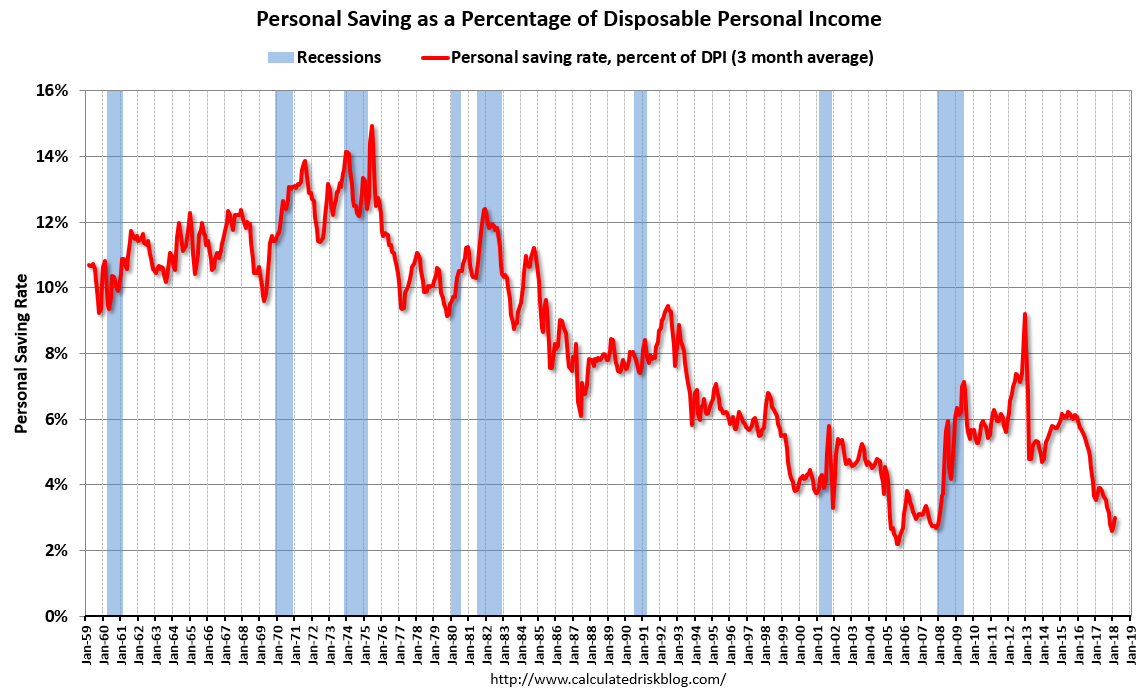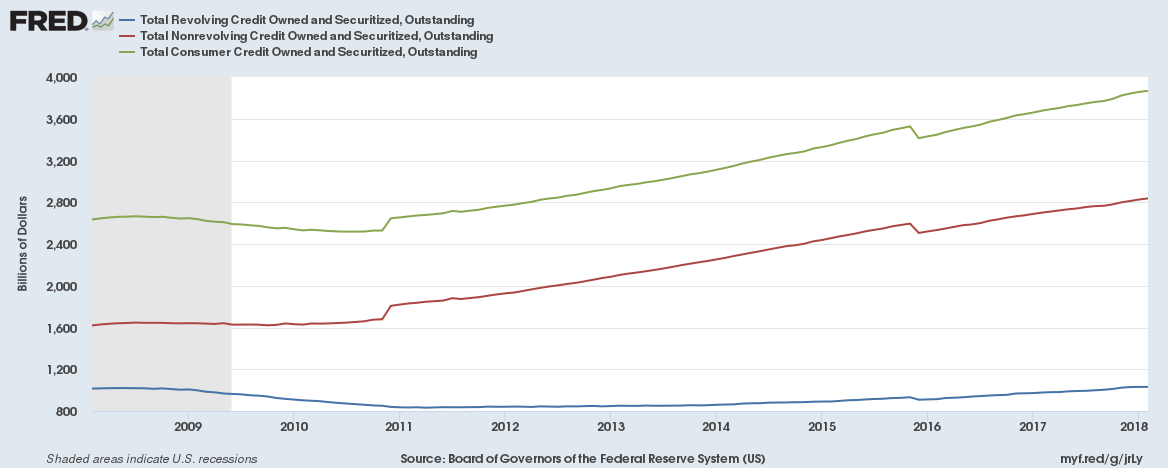Tuesday, April 17, 2018
Please note that in order to view the content for the
Bankruptcy Headlines
please
log in
if you are already an ABI member, or otherwise you may
Become an ABI Member
To amend the Fair Debt Collection Practices Act to prohibit a court from making an award of costs to a defendant except on a finding that an action was brought in bad faith.
Thursday, April 12, 2018
To amend the Internal Revenue Code of 1986 to exclude from income discharge of medical indebtedness.
Thursday, April 12, 2018
Friday, April 13, 2018
Please note that in order to view the content for the
Bankruptcy Headlines
please
log in
if you are already an ABI member, or otherwise you may
Become an ABI Member
Wednesday, April 11, 2018
Please note that in order to view the content for the
Bankruptcy Headlines
please
log in
if you are already an ABI member, or otherwise you may
Become an ABI Member
Wednesday, April 11, 2018
Please note that in order to view the content for the
Bankruptcy Headlines
please
log in
if you are already an ABI member, or otherwise you may
Become an ABI Member
Tuesday, April 10, 2018
Please note that in order to view the content for the
Bankruptcy Headlines
please
log in
if you are already an ABI member, or otherwise you may
Become an ABI Member
Tuesday, April 10, 2018
Please note that in order to view the content for the
Bankruptcy Headlines
please
log in
if you are already an ABI member, or otherwise you may
Become an ABI Member



